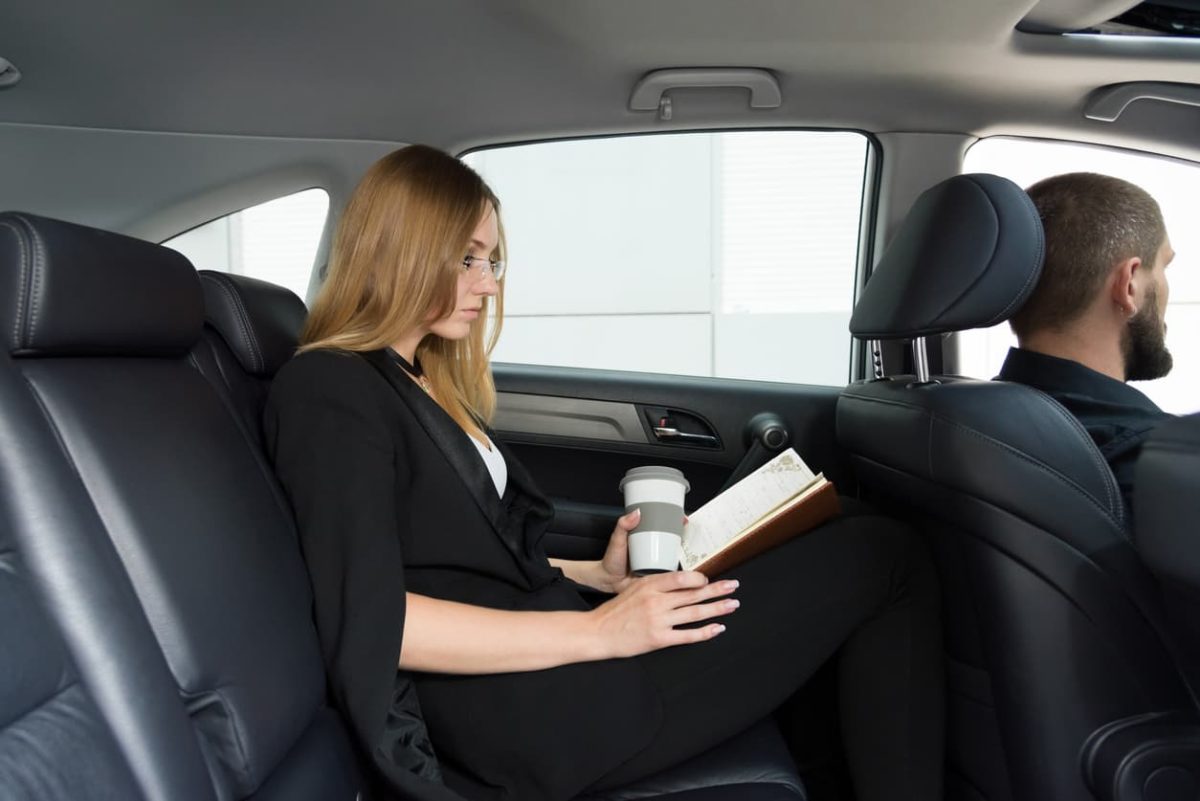
Rideshare Accident Liability
“Liability” is another word for responsibility. Typically, the person or party who caused a crash is liable for paying damages related to the accident.
Rideshare liability is no different. The same rules of the road apply to rideshare drivers, and they must be insured, just like any other driver.
That’s the simple answer, but the situation gets more complicated when you consider insurance policies.
If you were involved in a rideshare accident, keep reading to discover your legal options. Then, contact Langdon & Emison to schedule your free case consultation.
What does “rideshare” mean?
Rideshare companies connect freelance drivers with users who need to get around. Most rideshare companies operate through online apps that users download on their phones.
The user’s debit or credit card is connected to the account, so whenever they order a ride through the app and are dropped off at their location, they are charged immediately without having to swipe their card or pay in cash.
You’ve probably heard of Uber, the rideshare behemoth with more than two million drivers in 80 countries. Since Uber’s debut in San Francisco in 2009, dozens of other rideshare companies have popped up across the country, including Via, Wingz, Kid Car, and Veyo.
Now you have a handle on what rideshare means, but what about rideshare accident liability?
Rideshare Accident Liability When You’re the Passenger
If you’re riding in an Uber, Lyft, or other rideshare service and you’re hit by another car, your injuries should be covered by the rideshare company’s insurance policy.
Both Uber and Lyft carry third-party liability coverage of up to $1 million for personal injury and property damage for each accident.
If you were injured in an Uber or Lyft accident, call our St. Louis car accident lawyers today.
Liability When You’re Hit By a Rideshare Vehicle
If you’re hit by a rideshare vehicle, you should be covered by the company’s policy as long as they were in service at the time of the crash.
Liability changes if you are hit by a rideshare vehicle that is out of service. Technically, the company should be liable, but they often avoid having to pay claims since their drivers are considered “freelance” drivers or independent contractors and are not actual employees.
It’s important to hold negligent drivers accountable for their actions. Even if the rideshare company refuses to pay (as they often do), you can pursue compensation from the driver’s personal auto insurance policy.
The amount of compensation you can recover from the rideshare company also depends upon the driving “period” which the driver was in at the time of the accident. These periods are:
- Offline: The driver is not logged into the rideshare app. No coverage is provided by the company, but the driver’s personal insurance could apply.
- Period 1: The driver is online and available for hire but has not accepted a ride request. If they are involved in an accident during this stage, the rideshare company will provide coverage. As an example, Uber and Lyft provide $50,000 per person and $100,000 in total liability for an accident in this stage.
- Period 2: The driver accepts the ride request and is en route to the pickup location. If they are involved in an accident at this point, the rideshare company provides coverage. Uber and Lyft provide up to $1 million in coverage during this stage.
- Period 3: The customer is in the vehicle. If the driver is involved in an accident at this point, the rideshare company provides liability coverage. Uber and Lyft provide up to $1 million in addition to limited coverage for any damage to the driver’s vehicle.
- Return to Period 1: When the customer exits the vehicle at their destination, liability returns to Period 1 coverage.
That explanation may seem straightforward, but the fact is that rideshare accident liability often involves complicated scenarios and insurance situations. For example, an issue would arise if the rideshare driver hit or was hit by an uninsured driver.
If you were involved in a rideshare accident, your best course of action is to hire a personal injury lawyer in St. Louis. An attorney will work to get you the maximum amount of compensation for your injuries and negotiate with the rideshare company’s lawyers to ensure they don’t swindle you out of what you deserve.
Proving Liability
You may know who was at fault in the rideshare accident that caused your injuries, but without proof, you have no case. When you hire a St. Louis rideshare accident lawyer, they will collect evidence and witness testimony to establish the following:
- The other person owed you a duty of care (following the rules of the road, obeying all traffic laws, etc.).
- They then breached that duty (they didn’t follow traffic laws, were intoxicated while driving, etc.).
- You were injured as a result of their breach of duty, and those injuries were directly caused by the accident.
Contact our St. Louis Rideshare Accident Lawyers
In the United States, Uber drivers complete more than 40 million rides every month. Uber may be the most popular platform, but other rideshare companies have comparable numbers. That’s an enormous amount of traffic and an enormous amount of liability that goes with it.
Because personal auto coverage does not extend to vehicles being used for business purposes, rideshare companies provide a certain amount of coverage for their drivers to cover that gap.
All of these details can be extremely confusing and convoluted, especially if multiple drivers are involved.
If you were injured while riding in an Uber, Lyft, or another rideshare service, hire a lawyer who is knowledgeable of these types of cases. A Missouri rideshare lawyer can help you recover the money you need.
To learn more about Langdon & Emison’s experience in these cases and to schedule your free consultation, call (866) 931-2115 today.

